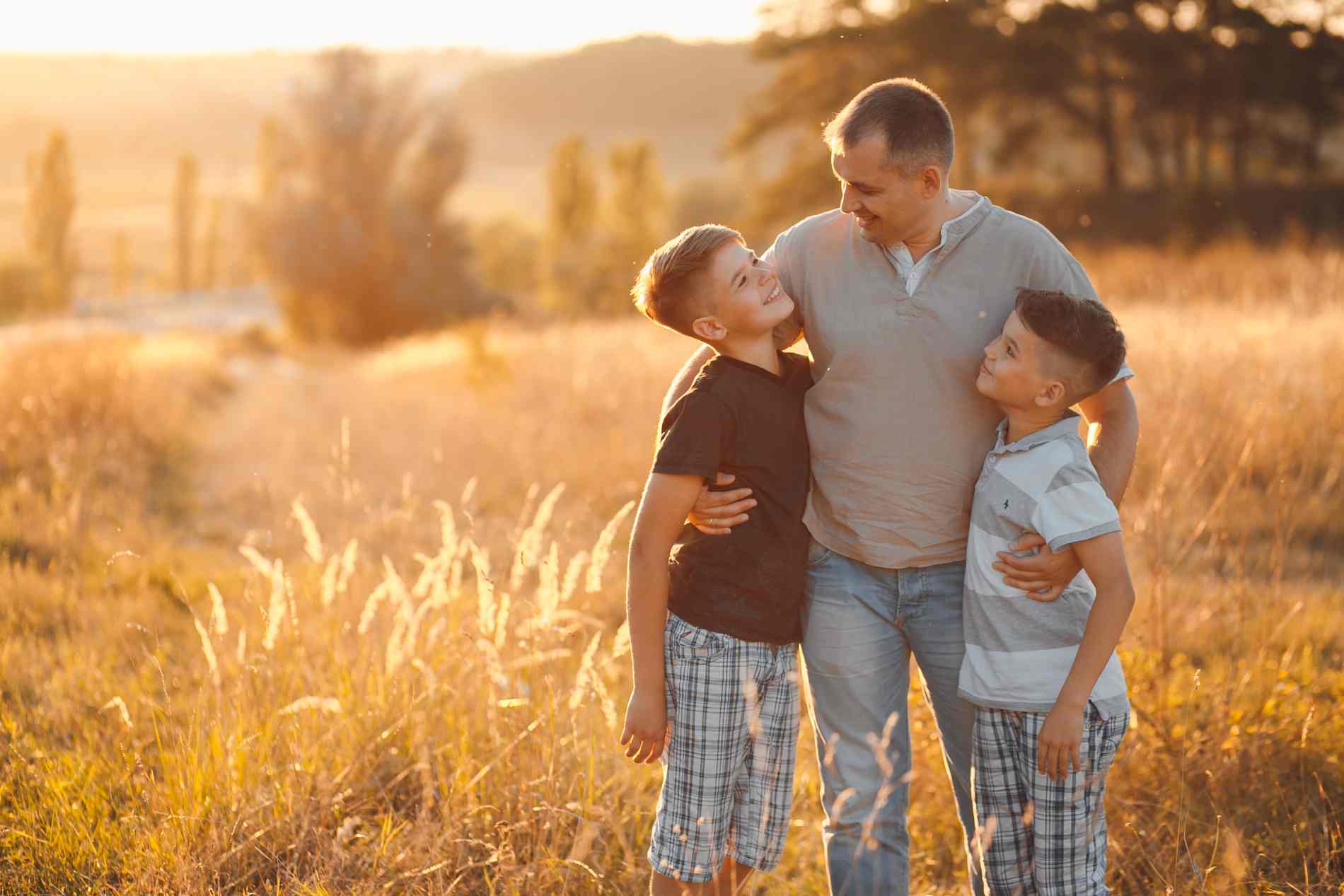Three phases of Muslim parenting
Conventionally, Muslims have adopted three seven-year stages of parenting.
First phase
The first seven-year phase is about providing limitless love, warmth, care and safety to a child in a positive home environment, where a child enjoys productive physical activities and the joy of play.
The mother, father and other adults around contribute to this wonderful human growth process. Man and woman are a pair (Al-Qur’an 78:8), and the love between mother and father is the essence of human continuity that converges and finds expression in their child.
A new-born is showered with love from both parents and brings a new dynamic in the extended family. The natural demand of love for children is allowing them to grow with freedom of thought, albeit within appropriate boundaries for their age and maturity.
As children come to the world with sharp brains and inquisitive minds, they soak up everything around them like a sponge. Parents should help them with unforced, age-appropriate learning, gentleness and proper encouragement so that they can explore the world around them.
Some children memorise rhymes easily, others may learn multiple languages and some may memorise verses from the Qur’an and other books.
Second Phase
In the second seven-year phase, the emphasis should be on children’s education and learning through well-thought-out planning and positive discipline, underpinned by love and affection.
During this phase, children’s physical and mental skills develop sharply and they need social and life skills as well as positive self-esteem through knowledge of their own selves – their gender, faith, ethnicity and many aspects of their identities.
Encouraging conversation at home raises them intellectually and gives them an emotional attachment to their own family, faith and community. Simple household chores equip them with confidence, a joy of helping their parents and a sense of responsibility.
As adolescence starts in this phase, the hormonal, physical and emotional changes often become an issue or concern. Parents, teachers and other professionals should be aware of the challenges of this transition phase and equip themselves to gently but robustly handle this. It is important adults adopt suitable behaviour strategies and consistently employ them with empathy.
Third Phase
The third seven-year phase is about being friendly with children and solidifying a lasting relationship based on mutual trust and understanding.
By this time, children are in their late teenage phase and beyond, preparing for full adulthood and brimming with ideas and energy. They should be mentored wisely and shown respect and never undermined or ridiculed.
Wise parents never forget that children have arrived in this world at a time which is vastly different from their own upbringing. This mental adjustment is vital for a respectful and gradually interdependent loving relationship.
Family values that fit with modern life, healthy eating and living and an ethical and balanced lifestyle with respect, integrity and a sensible use of technology and social media are the ingredients of success.



